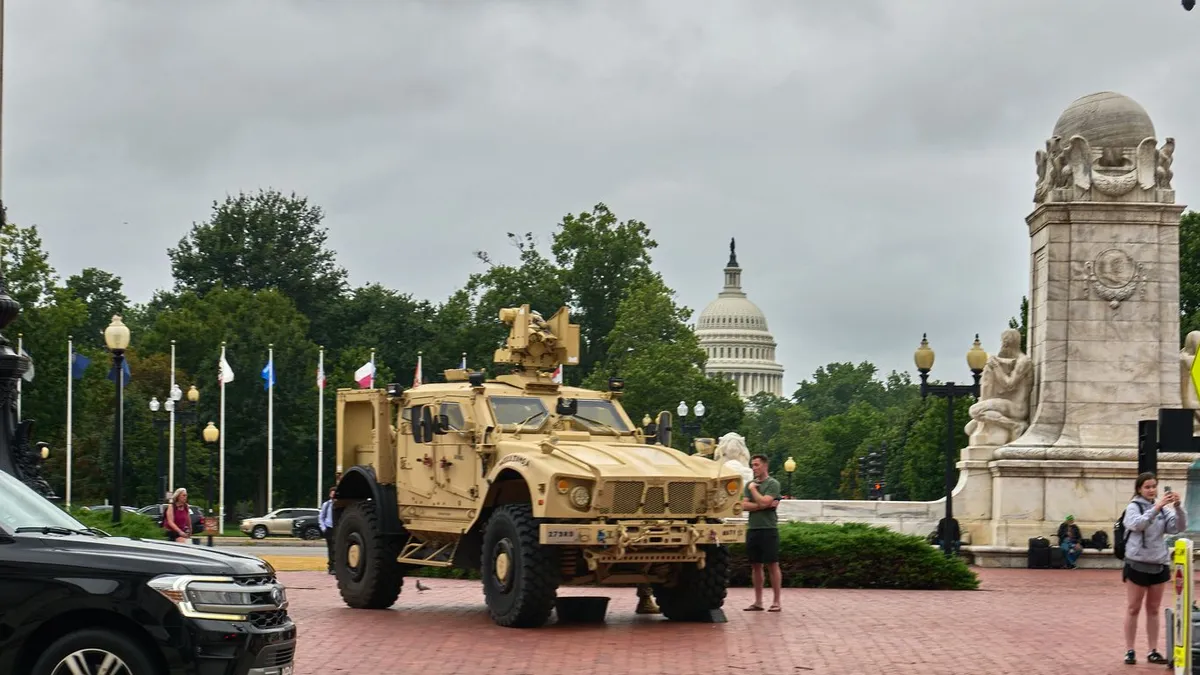
On Friday, former President Donald Trump announced that Chicago and New York City will be his next focus in an effort to decrease crime rates, following his controversial actions in Washington, D.C.. This significant declaration raises questions about the potential use of military force, marking a serious escalation beyond previous federal interventions involving police takeovers and the deployment of the National Guard.
During a press conference, Trump expressed his appreciation for the National Guard's efforts, stating, "I really am honored that the National Guard has done such an incredible job working with the police." He also mentioned that while the regular military has not yet been deployed, he is prepared to do so if necessary. "And after we do this, we'll go to another location and we'll make it safe also," he added, indicating a broader plan for crime reduction.
Trump specifically pointed out that Chicago would be the next city to receive attention, followed by New York City. However, he did not provide a specific timeline for these interventions. He criticized Chicago's Mayor, Brandon Johnson, calling him "grossly incompetent" and lamented that "Chicago was our greatest city, actually." This statement underscores Trump's belief in the need for federal assistance in these urban areas.
In addition to targeting these cities, Trump reiterated his threats to declare a national emergency in Washington, D.C. He stated, "I could keep the troops here as long as I want," emphasizing his authority and willingness to use military resources to combat crime.
It is crucial to note that the Posse Comitatus Act prohibits the use of Armed Forces for law enforcement unless explicitly authorized by the Constitution or a congressional act. Enacted in 1878, this law was designed to prevent U.S. Marshals from enlisting the Army to enforce federal law. However, it does allow for exceptions if the President believes military intervention is necessary during times of war, insurrection, or other serious emergencies.
Earlier this month, Trump indicated his intentions to intervene in several other Democratic-led cities, including Oakland, Baltimore, and New York City. Despite the heightened rhetoric, crime rates in these cities have generally decreased in recent years, complicating the narrative surrounding the need for federal intervention. This ongoing situation is likely to draw legal challenges and public scrutiny as city officials and residents respond to Trump's proposals.
As Trump outlines his plans to address crime in Chicago and New York City, the implications of utilizing military force for domestic law enforcement remain a contentious topic. The effectiveness of such measures, alongside potential legal challenges, will be closely watched as this story develops.